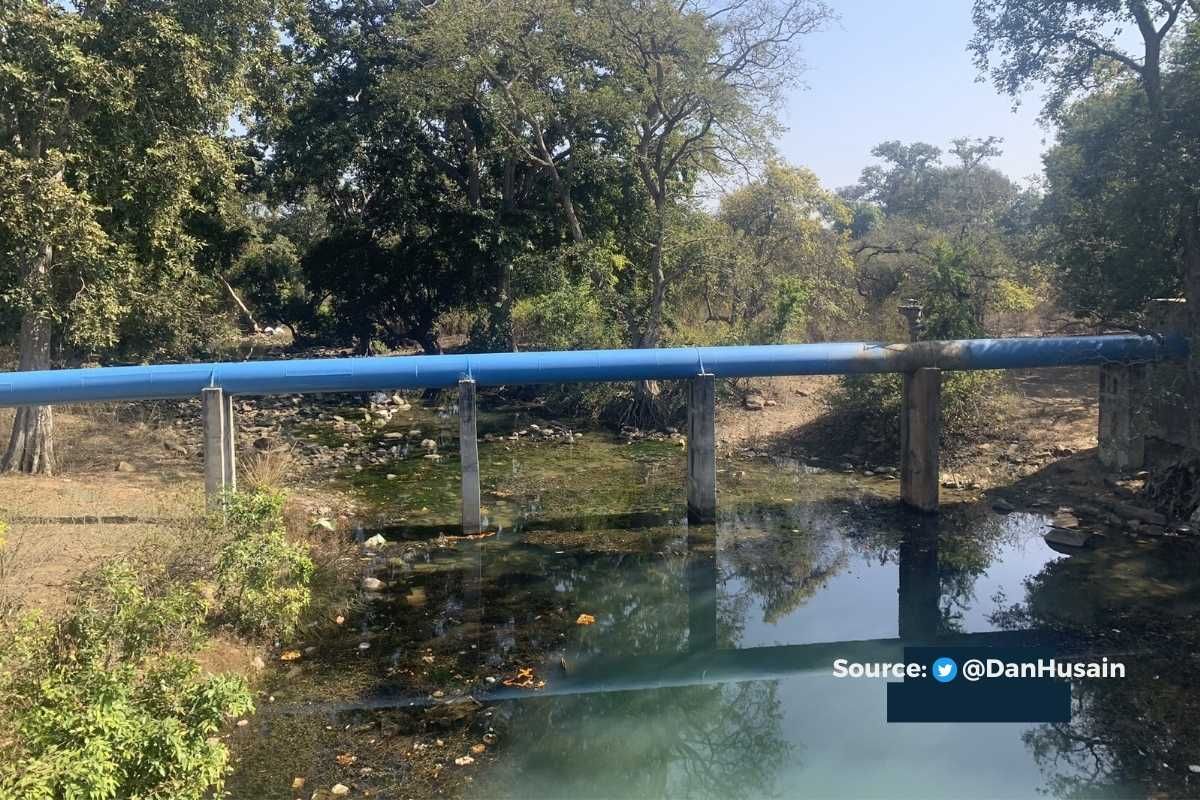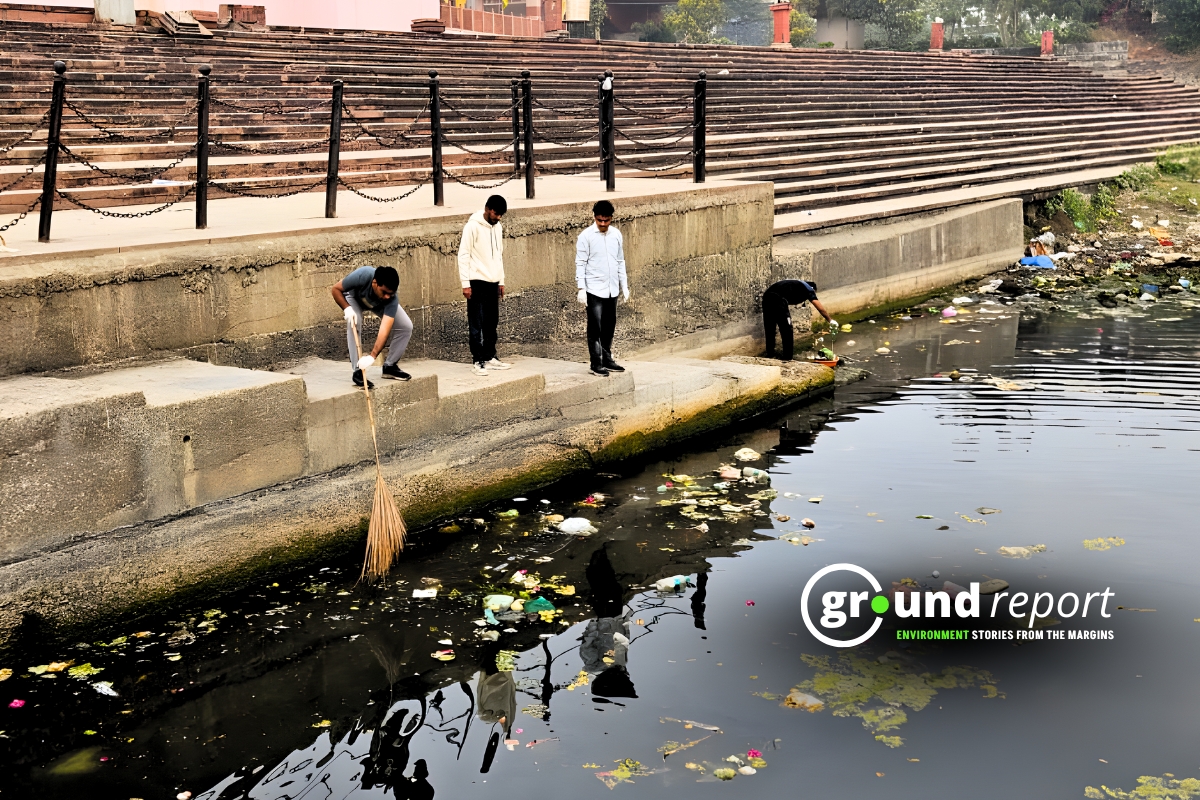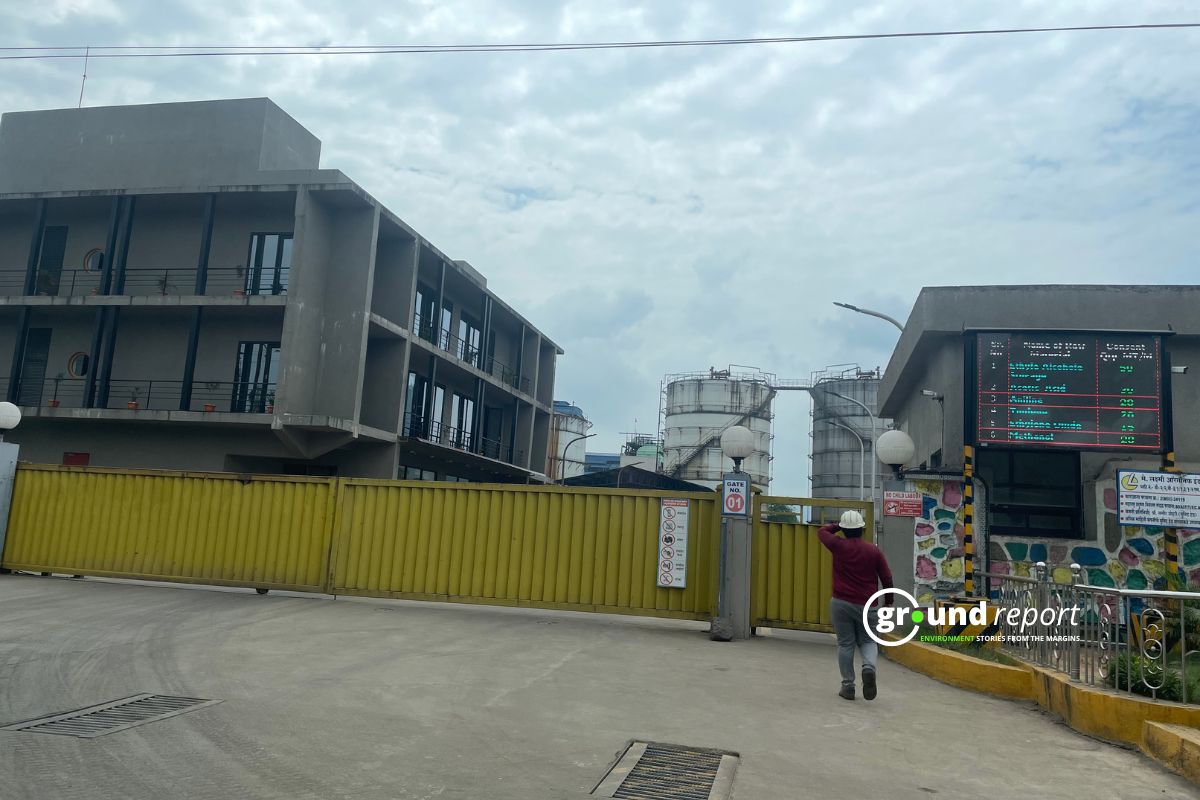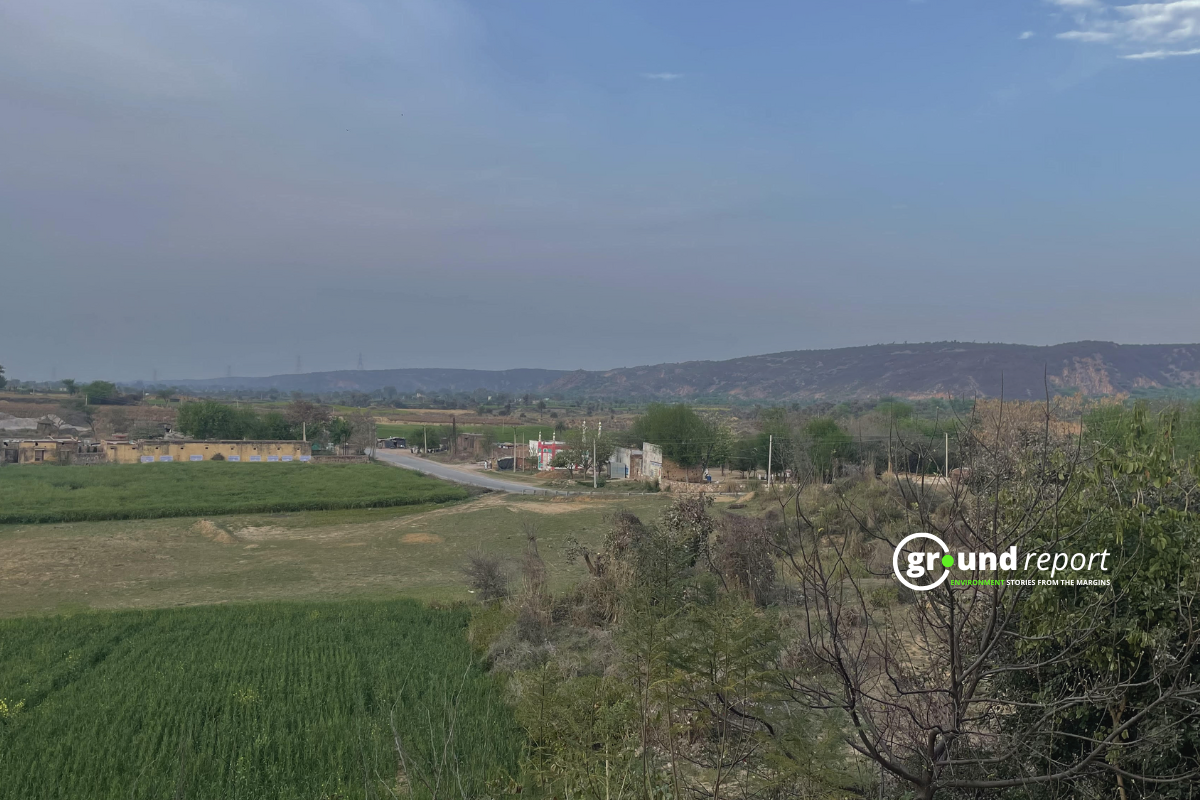Madhya Pradesh, located in central India, is known for its rich biodiversity and agricultural heritage. However, the state is facing severe environmental degradation due to industrial pollution. The state’s industries are dumping chemicals into fields and polluting the Ajnar River, causing severe damage to the environment and the health of the people. Let’s take a closer look at the issue.
Industrial Pollution in Fields
Industries in Madhya Pradesh have been accused of dumping hazardous chemicals, including heavy metals, into agricultural fields, causing soil contamination and groundwater pollution. According to a report by the National Green Tribunal (NGT), over 500 villages in the state have been affected by soil contamination due to industrial pollution. The hazardous waste includes heavy metals such as lead, cadmium, and chromium, which are highly toxic and can cause severe health issues.
Pollution of Ajnar River
The Ajnar River, which flows through several districts of Madhya Pradesh, has been severely polluted due to industrial effluents. The river, which was once a major source of irrigation and drinking water, is now a health hazard due to pollution.
According to a report by the Central Pollution Control Board (CPCB), the Ajnar River has been classified as “seriously polluted” due to the high level of toxic chemicals discharged by industries. The report highlights that several industries located along the banks of the river are releasing untreated effluents, causing severe pollution of the river.
The pollution of the Ajnar River has impacted the livelihoods of fishermen and farmers, who rely on the river for their livelihoods. The river’s water quality has degraded to such an extent that it is no longer suitable for drinking or irrigation purposes.
Moreover, the pollution of the river has also led to a decline in the river’s biodiversity. The river was once home to several species of fish. But, due to pollution, many fish species have disappeared.
Impact on Environment and Health
Industrial pollution in Madhya Pradesh has severe consequences for the environment and human health. The contaminated soil and groundwater can lead to reduced crop yields, loss of biodiversity, and long-term environmental damage.
Moreover, the toxic chemicals can contaminate the food chain, leading to health issues such as cancer, respiratory diseases, and skin problems. The river is also a major source of drinking water for many communities in the region, and the pollution of the river has led to an increase in water-borne diseases. The pollution of the Ajnar River has also impacted the livelihoods of fishermen and farmers, who rely on the river for their livelihoods.
Government Action
The Madhya Pradesh Pollution Control Board (MPPCB) is responsible for monitoring and regulating industrial pollution in the state. The board has taken several measures to control pollution, including issuing show-cause notices to industries violating pollution norms and closing down polluting units.
Moreover, the state government has launched the Mukhyamantri Jal Swavlamban Abhiyan, a water conservation campaign aimed at promoting water conservation and recharge of groundwater. The campaign also focuses on reducing the pollution of rivers and groundwater. However, the implementation of these measures has been slow, and industrial pollution continues to be a significant environmental issue in Madhya Pradesh.
Conclusion
Industrial pollution in Madhya Pradesh is a severe environmental issue that requires immediate attention from the government and industries. The dumping of hazardous waste into agricultural fields and the pollution of the Ajnar River have severe consequences for the environment and human health. The government needs to take more stringent measures to regulate industrial pollution, and industries must adopt eco-friendly practices to reduce their environmental impact. The need of the hour is for a collective effort from all stakeholders to protect the environment and preserve the natural resources of Madhya Pradesh.
Support us to keep independent environmental journalism alive in India.
Keep Reading
The costliest water from Narmada is putting a financial burden on Indore
Indore’s Ramsar site Sirpur has an STP constructed almost on the lake
Indore Reviving Historic Lakes to Combat Water Crisis, Hurdles Remain
Indore’s residential society saves Rs 5 lakh a month, through rainwater harvesting
Follow Ground Report on X, Instagram and Facebook for environmental and underreported stories from the margins. Give us feedback on our email id greport2018@gmail.com.
Don’t forget to Subscribe to our weekly newsletter, Join our community on WhatsApp, and Follow our YouTube Channel for video stories.








